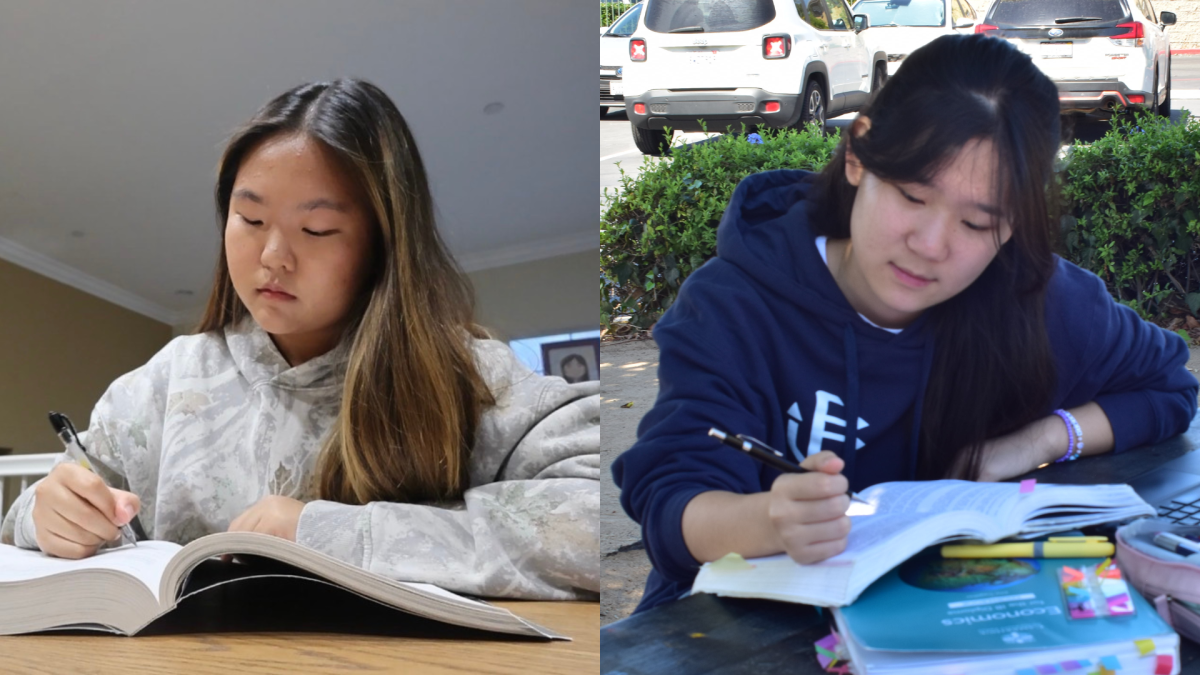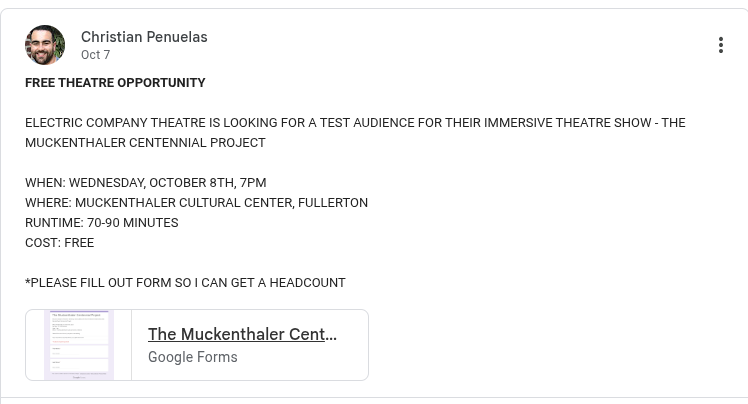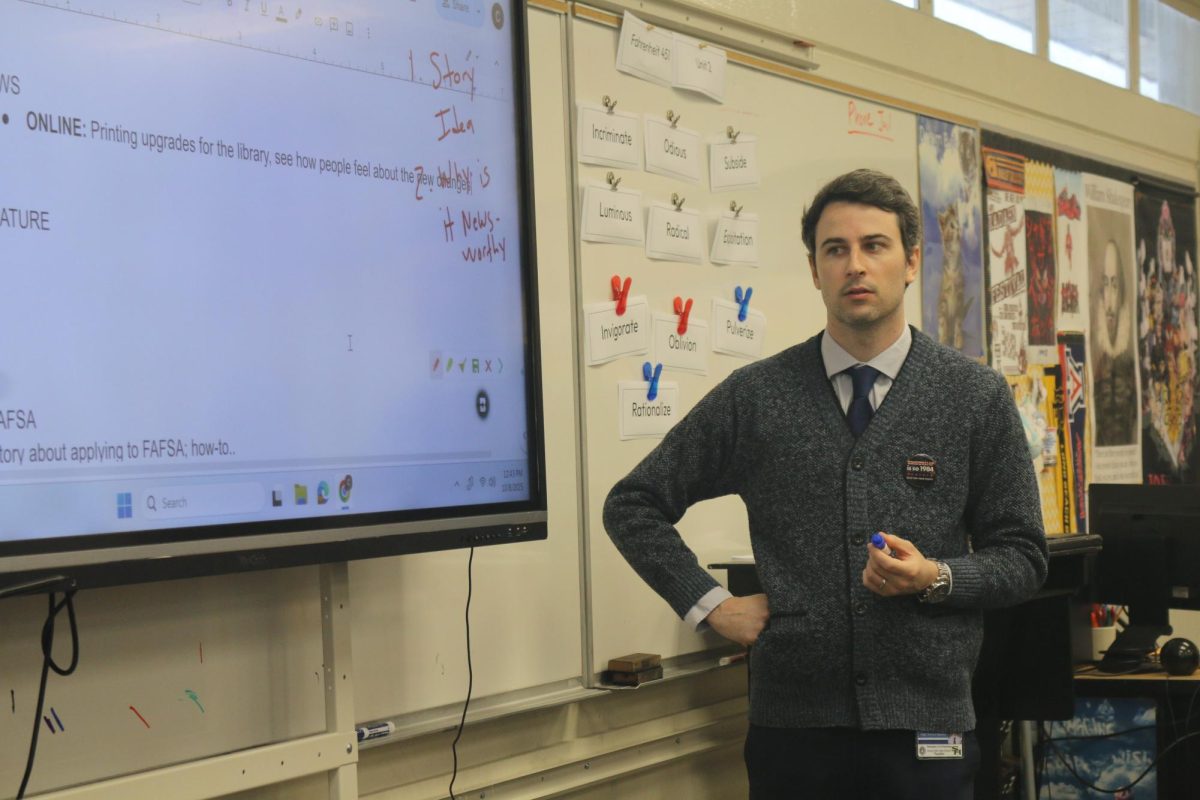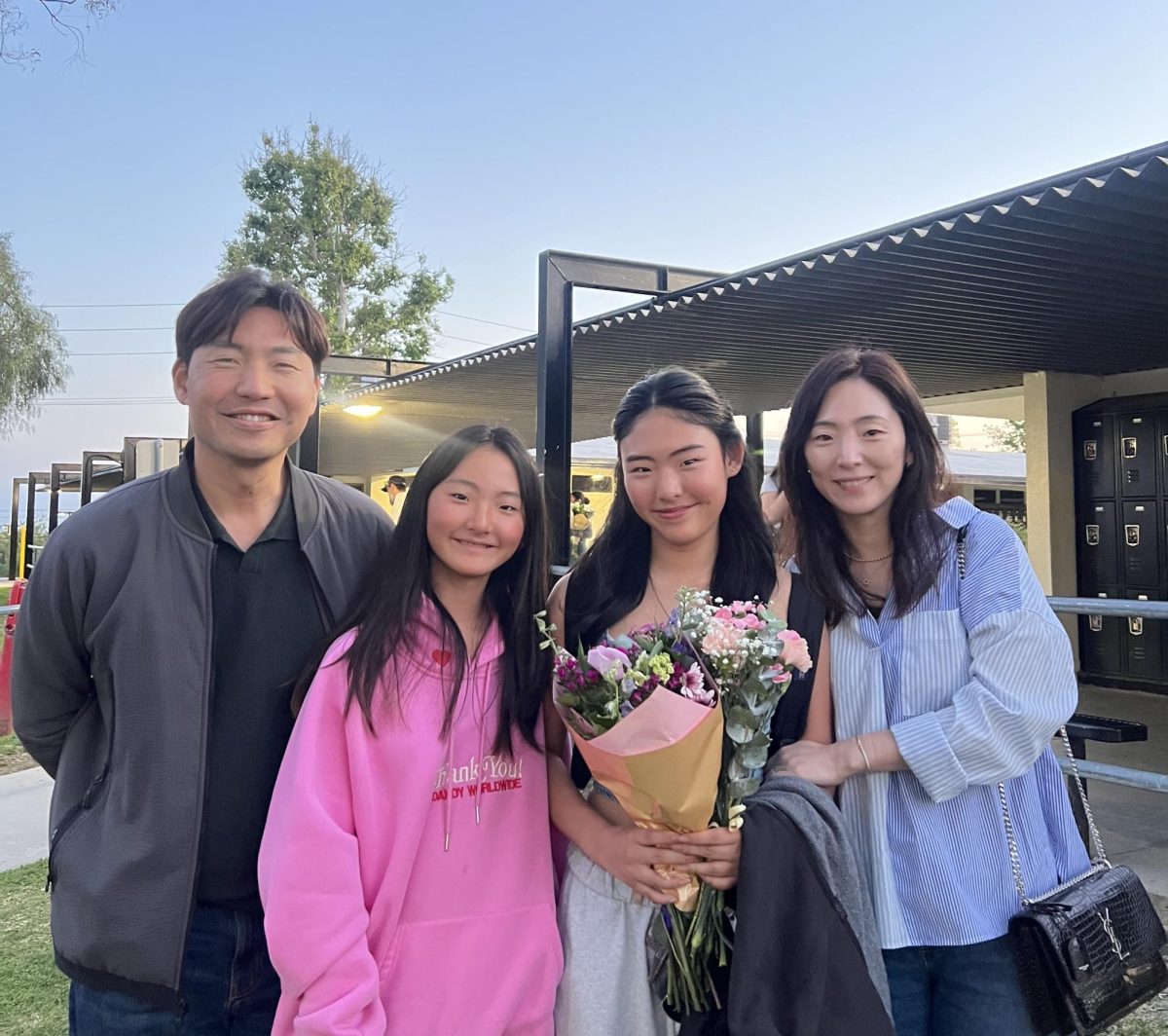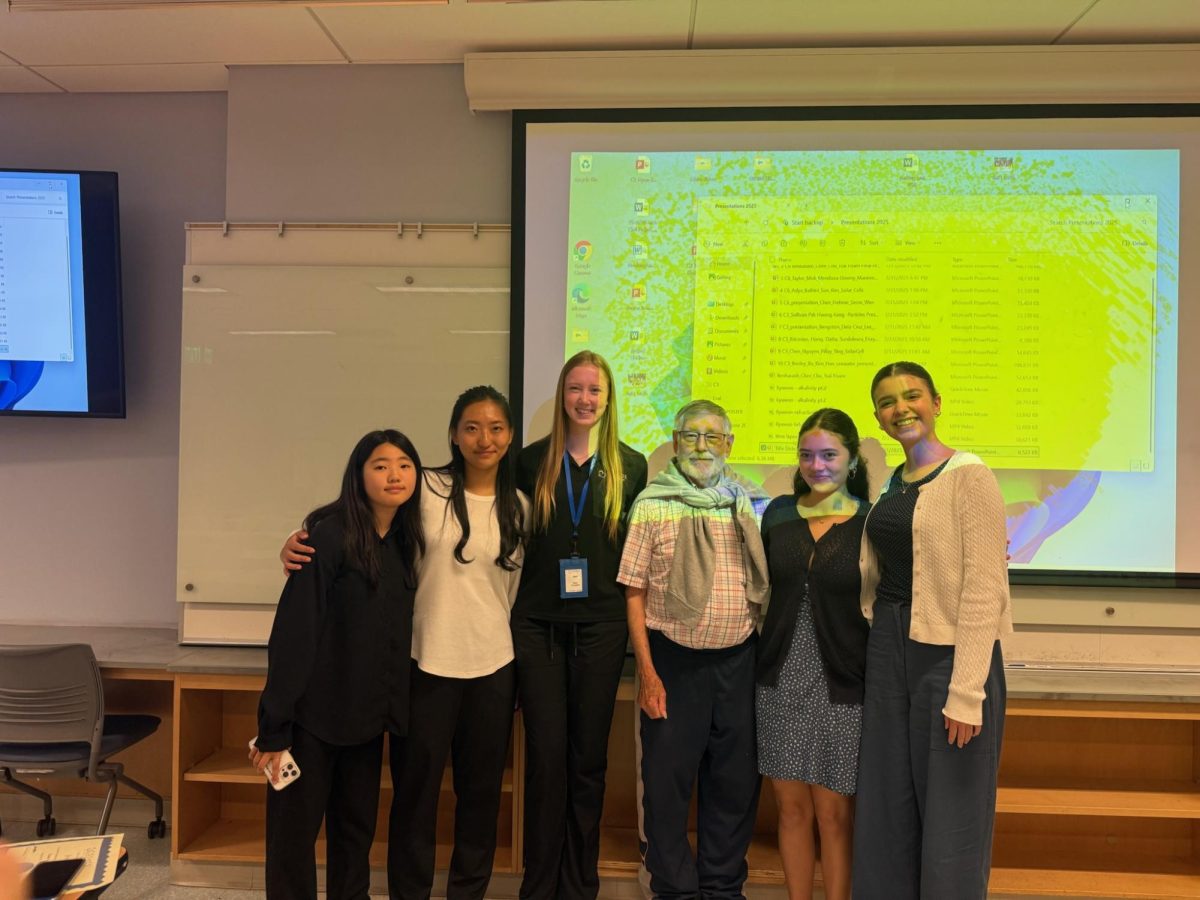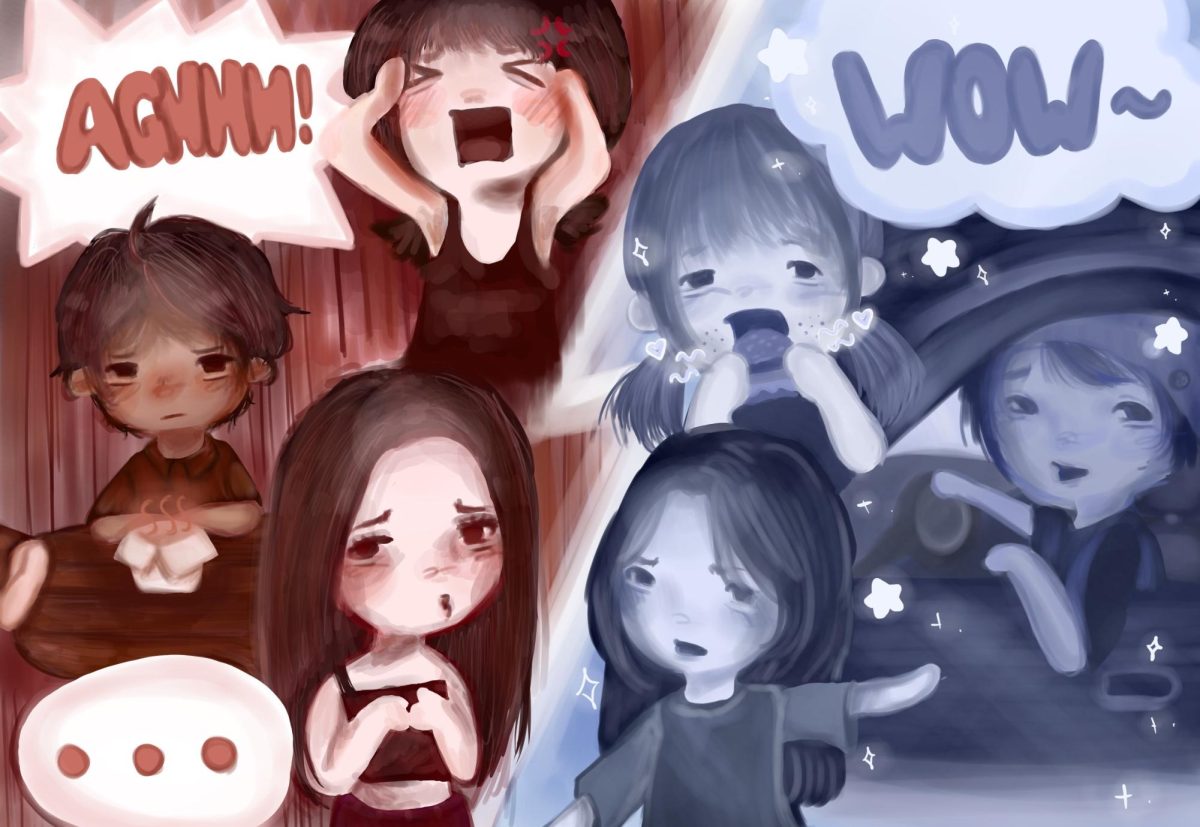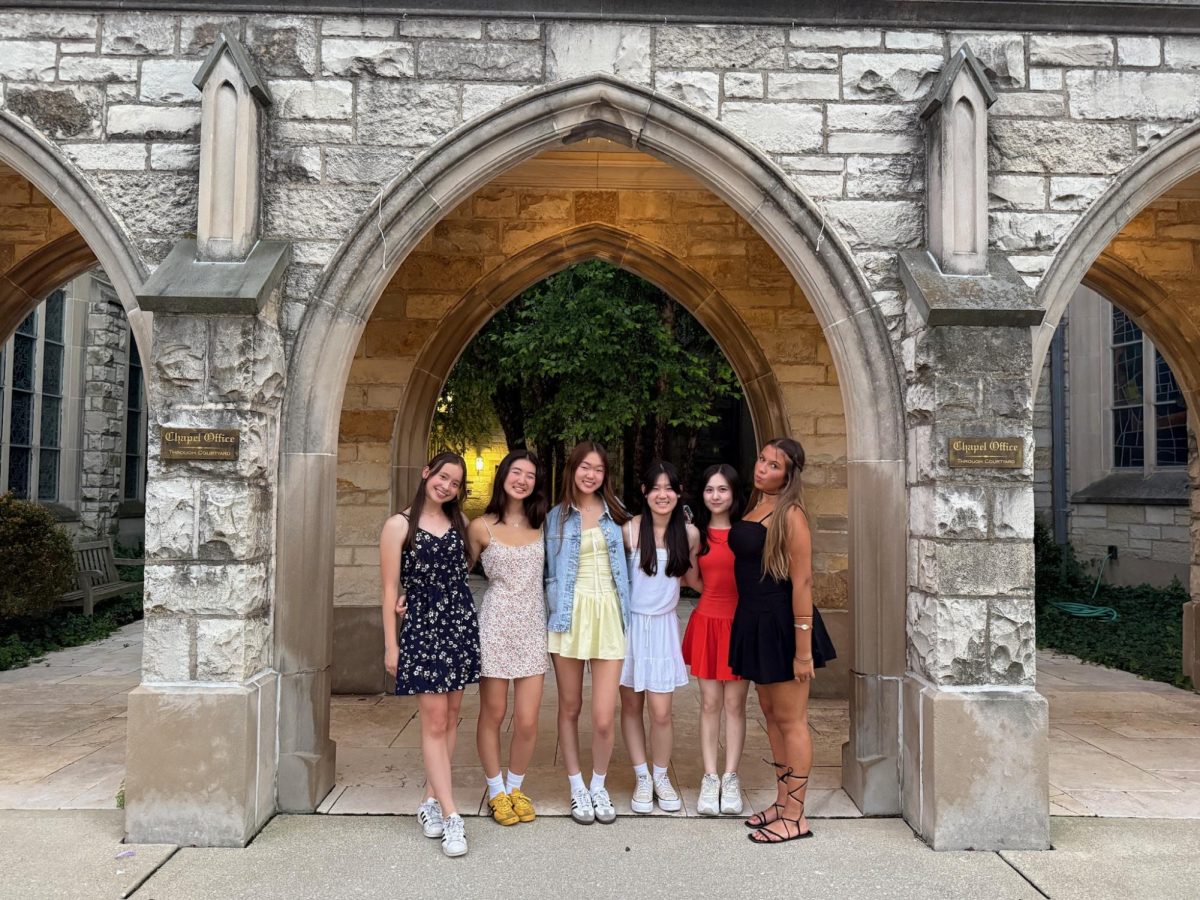They say words are a writer’s best friends. For me, they’ve always been more like frenemies.
In second grade, while my classmates were mastering addition and subtraction, I sat outside the patio with the school’s speech therapist, trying — and failing — to wrap my tongue around the “th” sound.
No matter how hard I tried, it seemed my mouth could only muster up a flimsy “f” or rogue “d.” “Math” became “maf,” “smoothie” to “smoodie” and “this” sounded suspiciously like “dis.” For 7-year-old me, this was the unfortunate truth, my reality.
But here’s the plot twist: my struggle with pronunciation never stopped me from falling completely, irrationally, head-over-heels in love with language.
In fact, maybe it made me love it more.
Because when you can’t say certain words, you learn to feel them instead. You listen closer, write sharper and express louder in spaces where your voice might falter.
So when I joined The Accolade, I didn’t do it to prove anything. I just wanted to write. Luckily, the Arts & Entertainment section didn’t require perfect pronunciation of the word “theater.” It just asked me to care. And I did.
From spring play previews to restaurant reviews, I wrote about everything that made this campus and its students come alive after the clock hit 3:30 p.m. As time went on, each story became a tiny love letter to the people who make our school different and wonderful and worth writing about.
Now, as I prepare to sign off with my final article, I think back to that second grade version of me — awkward, frustrated and lowkey hating the word and concept of “math.” I’d tell her she’d grow up to write stories full of words she couldn’t completely pronounce and that those tricky “th”s wouldn’t hold her back from finding a voice.
Over ten years have passed since saying “this” felt like a trap. By 18, I’ve come to understand that words might not always come out the way you want — but they’ll still take you exactly where you’re meant to go.
And that’s the truf (truth).





